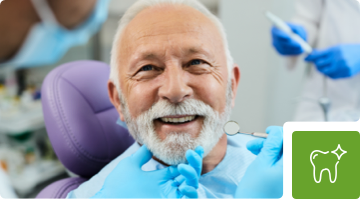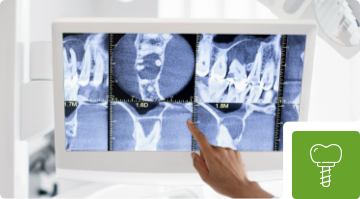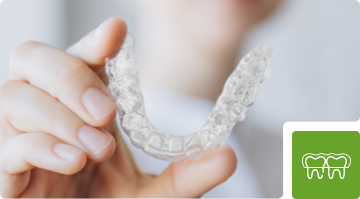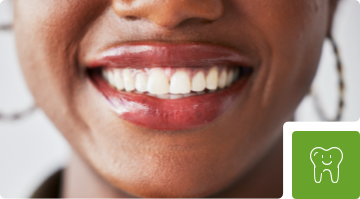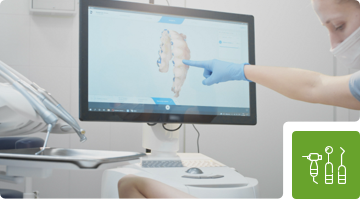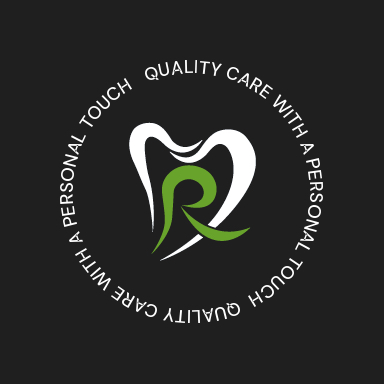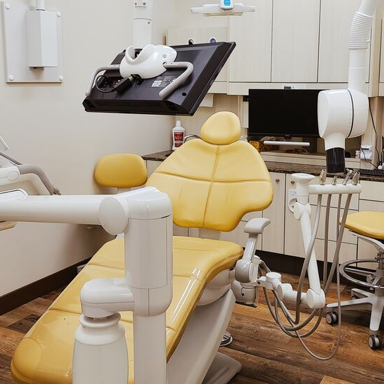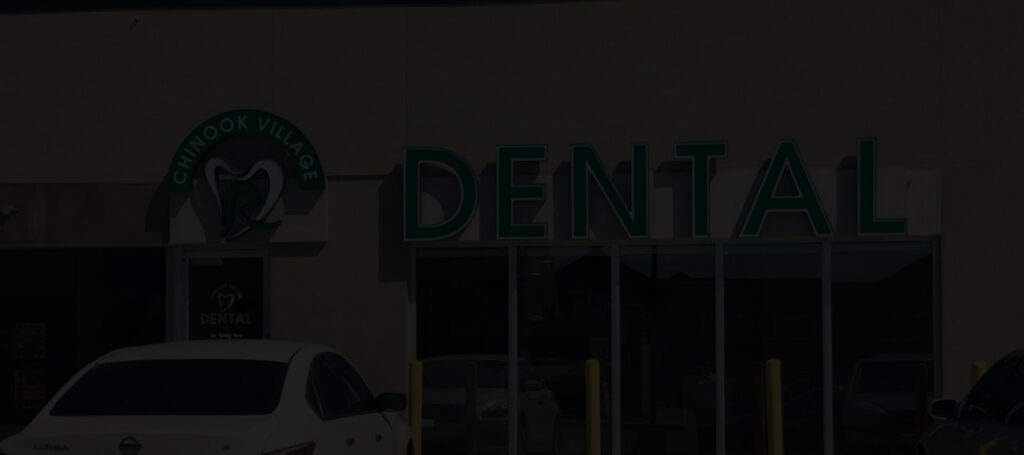Brushing your teeth might feel like a small, everyday habit, but skipping this simple step can have a significant impact on your oral and overall health. Life can get busy, and it’s easy to overlook regular brushing, but ignoring it can lead to serious consequences. So, what really happens when you don’t brush your teeth?
When you skip brushing, harmful bacteria thrive on your teeth, creating a sticky film known as plaque. This buildup can lead to tooth decay, gum disease, bad breath, and even systemic health concerns if left untreated. Let’s break down the domino effect of poor oral hygiene and how it can affect your teeth, gums, and overall health.
How Plaque Impacts Your Oral Health
When you neglect to brush, food particles and bacteria in your mouth combine with saliva to form plaque. This sticky film contains harmful bacteria that feed on sugars in your diet, producing acids as they do so. These acids attack the enamel, which is the protective outer layer of your teeth, leading to a series of health problems.
Tooth Decay (Cavities)
Cavities are small holes that develop in your teeth when acids eat away at the enamel. While tooth decay doesn’t happen overnight, consistent neglect can accelerate its development. Untreated cavities can lead to pain, discomfort, and more severe dental complications down the road.
Gum Disease (Gingivitis & Periodontitis)
Plaque doesn’t just harm your teeth—it can also lead to gum problems. If plaque isn’t removed, it irritates the gums, leading to gingivitis, the earliest stage of gum disease. Symptoms of gingivitis include red, swollen gums that may bleed when you brush. Without treatment, gingivitis can progress to periodontitis, a more severe form of gum disease that can cause tooth loss and affect the jawbone.
Bad Breath (Halitosis)
Food particles that are left behind in your mouth decay over time, producing an unpleasant odor and leading to chronic bad breath. While chewing gum or using mints might temporarily mask the smell, addressing the root cause by practicing good oral hygiene is the only way to solve the problem for good.
Stains & Discoloration
When plaque sits on your teeth, it weakens enamel, making your teeth more vulnerable to staining from foods, drinks like coffee or tea, and tobacco products.
Oral Health & Overall Health: The Connection
Your oral health isn’t isolated—it has far-reaching effects on your overall well-being. Harmful bacteria from your mouth can enter your bloodstream through inflamed gums, leading to systemic inflammation. Poor oral health has been linked to numerous health conditions, including:
- Cardiovascular disease
- Diabetes
- Respiratory infections
Neglecting oral hygiene doesn’t just affect your teeth; it can put your overall health at risk.
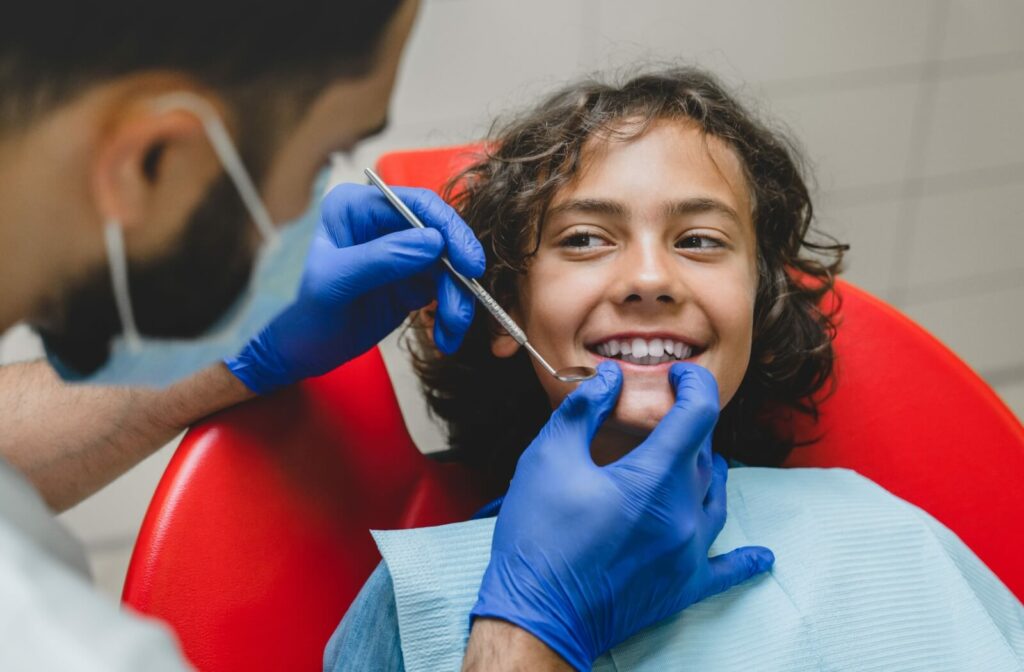
Tooth Loss & Financial Strain
The consequences of poor oral care don’t stop at bad breath or gum disease. Left untreated, the combination of tooth decay, gum disease, and enamel erosion can lead to tooth loss. Losing teeth affects more than your appearance—it can hinder your ability to chew properly, impair your speech, and shift the alignment of your remaining teeth.
Additionally, neglecting prevention and oral care can lead to costly treatments. Dental procedures to treat advanced gum disease, replace missing teeth, or address significant decay can be far more expensive than regular brushing and professional dental cleanings.
How Long Can You Go Without Brushing Your Teeth?
Plaque starts forming on your teeth just hours after you brush. Within 24 hours, it hardens into tartar, which leads to gum disease and cavities. The longer you go without brushing, the higher your risk of bad breath, tooth decay, and gum problems. Skipping even a few days can set the stage for serious oral health issues.
Brushing twice daily is key to keeping your smile healthy—don’t skip it!
The Importance of Regular Dental Exams & Cleanings
Regular dental visits are vital for catching problems early and preventing them from becoming bigger issues. During a routine dental exam, your dentist will examine your teeth, gums, tongue, and other areas of your mouth for signs of problems like cavities, gum disease, or oral cancer. They may also take X-rays to uncover hidden issues between teeth or under the gums. Early detection means earlier treatment, which can save you time, discomfort, and money.
In addition to exams, professional dental cleanings are essential for maintaining optimal oral health. Even with diligent brushing and flossing, certain areas of the mouth can be difficult to clean thoroughly. During a professional cleaning, a dental hygienist uses specialized tools to:
- Remove plaque and tartar from hard-to-reach areas
- Polish teeth to remove stains and restore their smoothness
- Prevent gum disease and cavities by eliminating harmful bacteria
- Leave your teeth feeling fresh and smooth
Scheduling regular dental exams and cleanings ensures your smile stays healthy and strong for years to come.
Don’t Wait—Prioritize Your Oral Health Today!
The effects of skipping your daily oral care routine are serious, from the development of cavities and gum disease to systemic health concerns and expensive treatments. Prevention is always the best approach. Brushing twice daily, flossing regularly, and visiting your dentist for exams and cleanings can protect your teeth, gums, and overall health.
Don’t let neglect set the stage for future problems. Take control of your oral health by scheduling an appointment with Chinook Village Dental today. Your smile, and your overall well-being, will thank you for it!


